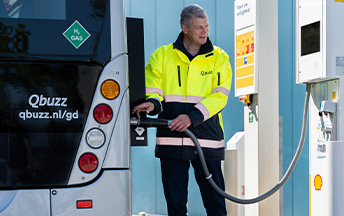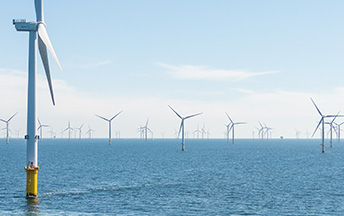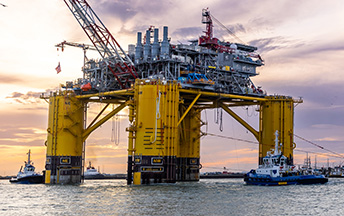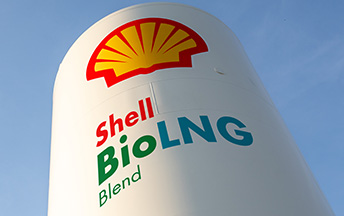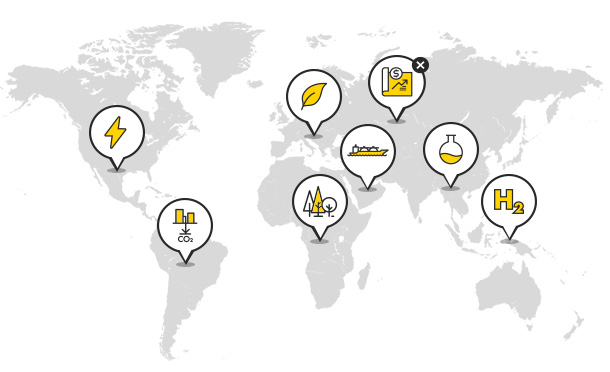Biofuels
Biofuels supply and sectors
Biofuels such as renewable natural gas (RNG), sustainable aviation fuel (SAF), biodiesel and bioethanol can help customers reduce their emissions without having to change their aeroplanes, cars, trucks, or ships.
Shell is already one of the world's largest traders and blenders of biofuels. In 2022, around 9.5 billion litres of biofuels, which is around 6% of the global biofuels consumption, went into Shell’s fuels worldwide. This is up from 9.1 billion litres in 2021 and includes sales made by Raízen, our non-operated joint venture in Brazil (Shell interest 44%).
We continued to grow our biofuels business in 2022 through projects and acquisitions. We acquired Nature Energy for around $2 billion, our biggest acquisition in the energy transition to date. Nature Energy is the largest producer of renewable natural gas in Europe, with 14 biogas plants. The company also has around 30 new plant projects in the pipeline in Europe and the USA. This acquisition complements our growing RNG business in the USA.
Our Brazilian joint venture Raízen is one of the world's largest biofuels producers. In November 2022, Shell announced an agreement with Raízen to buy 3.25 billion litres of ethanol made from sugar-cane waste. Raízen’s second-generation ethanol technology can produce about 50% more ethanol from the same amount of land. The low-carbon fuel is expected to be produced by five plants that Raízen will build in Brazil, bringing its total portfolio of ethanol facilities to nine.
Earlier in the year, we began construction of a bio-LNG plant at the Energy and Chemicals Park Rheinland in Germany to make liquefied natural gas from biological waste. Once operational, the plant will produce 100,000 tonnes of bio-LNG each year. In the Netherlands, Shell became the first fuel retailer to offer bio-LNG blended with regular LNG to all its customers. Trucks using this blend emit around 30% less CO2.
In the aviation sector, we became the first company to supply SAF to customers in Singapore in February 2022. By the end of the year we were supplying SAF to airlines at seven airports around the world. We also acquired Malaysian waste oil recycling firm EcoOils, securing long-term access to advanced biofuels feedstock that will enable the production and supply of low-carbon fuels like SAF to customers.
Biofuels is part of our Marketing business segment.
Read more about our biofuels business on: www.shell.com/energy-and-innovation/new-energies/low-carbon-fuels






